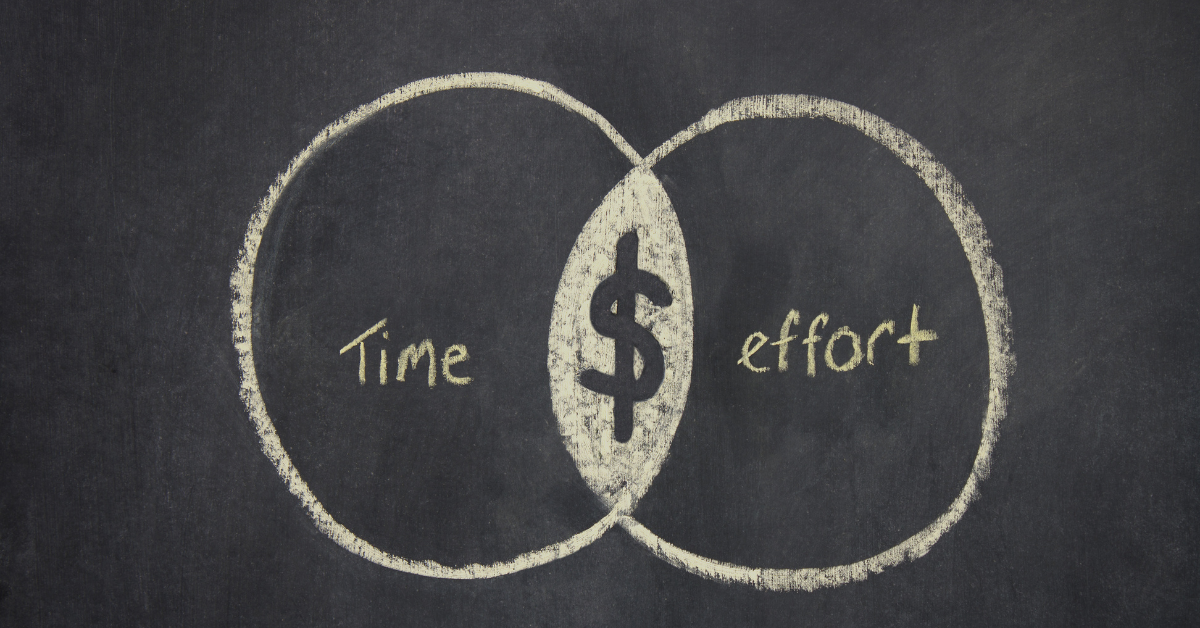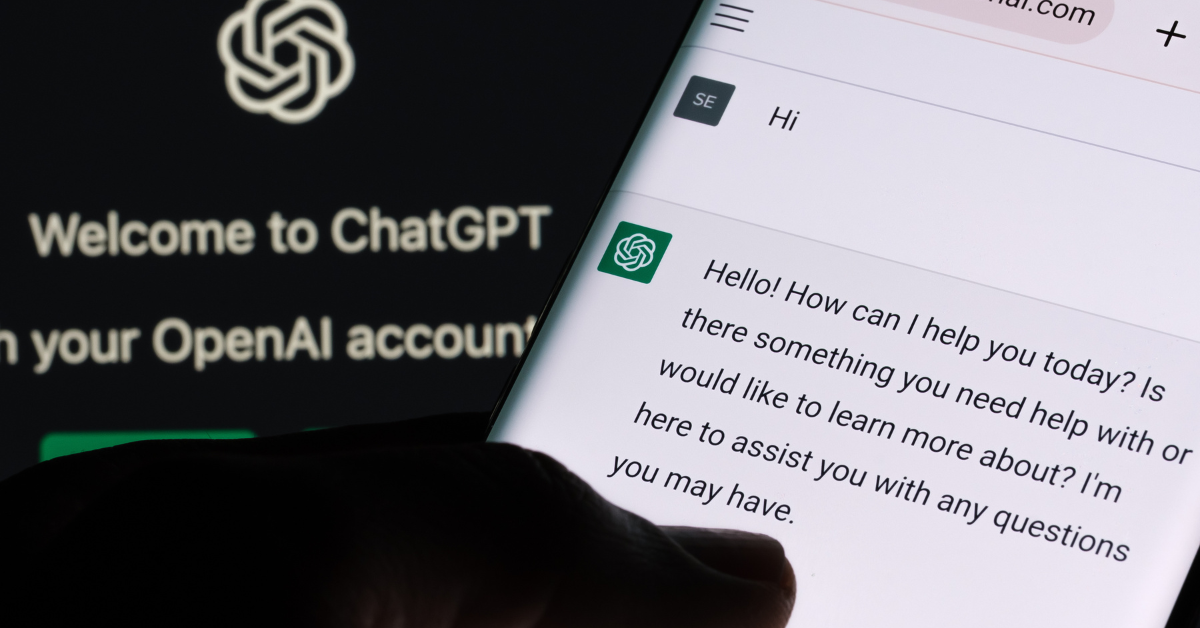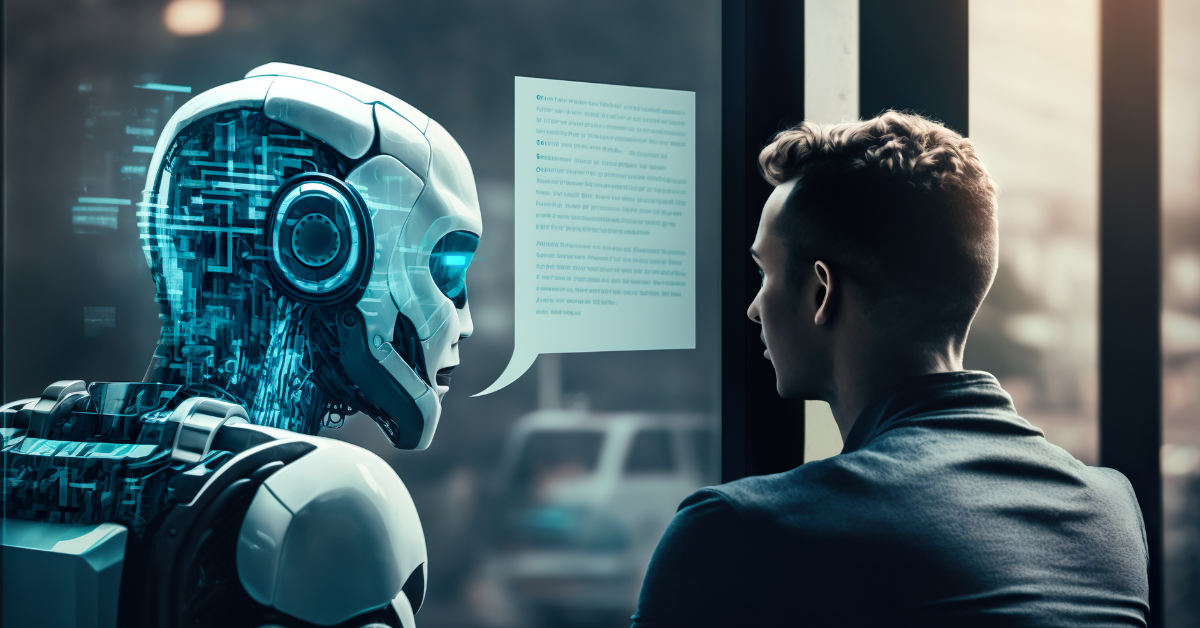AI seems to be everywhere nowadays - from creating blog posts to image manipulation to advances in the medical field. In the marketing and creative industries, there’s a similar voice of awe, excitement, and relief with the promise of AI bringing faster creative, and unimagined possibilities.
If AI is truly as miraculous as we are all finding it, what does that mean for the creative humans we’ve so heavily relied upon for content up until now?
The rapid evolution of AI technology inspires a few questions about the value of human-created content, the relationship between AI and brand reputation, and whether there’s a possibility of coexistence between humans and AI in the business world.
Is there a need for human-created content?
What value will human-created content hold in the future? The answer to this question, when posed to most professionals, is often based on budgets and time.
Non-marketing professionals will readily side with an AI solution that saves them money, and many marketing and creative professionals will outsource their projects to AI in an effort to save precious time.
In these two scenarios the answer is, “No, there’s no real need or value with the cost of human-created content.” But is choosing AI for cost-effectiveness sustainable?

I once had a boss explain it to me this way:
“The three commodities of any business are time, effort, and money. With a service or product you are purchasing or offering, you look to get two of those three needs met by looking at the speed, quality, and cost.
You very rarely, if ever, get all three. But you expect to get at least two.
For example, I want high-quality creative with a fast turn-around time. To meet those two needs, I’ll have to pay a higher cost. Or if I want that same high-quality creative, but I’m going to spend less for it, I should expect a longer turn-around time. Ultimately, you have to decide which two are most important for you and your situation.”
Right now with AI, it feels like we’re getting all three. Cheap (if not free) AI software that produces decent work in turn-around times that make us dizzy. But when the balance inevitably shifts, and we’re back to the two-out-of-three bargaining table, the question becomes which commodity is the first to go with AI tools?
Realistically, it will most likely be cost, but eventually, it will be quality unless human-created content continues. AI technology relies on previously created content to scrape and learn from while it’s creating new content.
The “new” content is not actually new, but a repurposing of what has already been. Originality is not inherent with AI content creation tools (probably for good reason), and unless humans are creating new content, the AI tools will begin cannibalizing their own creations resulting in watered-down copies of the same materials, thoughts, and creativity.
With the trajectory that AI will become commonplace, verified human created content will become more valuable, both in necessity and cost. It’s possible that years from now, AI software companies will hire full departments of human content creators solely to feed their AI with new original content to scrape from.
Google’s search engine (another type of AI) might even form prejudices against content it can assess as AI-generated, negatively impacting websites that heavily rely on AI material. Tools and assessments for content creation verification will be developed and required for those who want to use a “human-created content” badge or classification for their creations.
Additionally, services from humans who are creating their own content will cost more. Creative professionals with extensive training and experience will become some of the highest-paid members of a business’s team (shouts of excitement erupt from every marketing department) while the number of individuals with original content creation knowledge could dwindle in the wake of AI tools.
Given the research that has been done on the effects of writing and arts on the brain and personal development, it could be that people who develop these skills from a young age and through adulthood will be those who find success and position themselves to be leaders who carry society forward.
But, without going too far down that rabbit hole, we can surmise that the original content created by humans in the not-so-distant future will both feed the AI tools with new material to scrape from as well as position those brands and professionals who can afford the original content or have the skills to produce original content, as true thought-leaders in their industry.

What is the effect of AI on the cultivation of trust between a brand and its audience?
Authenticity has been touted as one of the most important features of a successful business.
As Forbes puts it, “In today's market, authenticity can be the make-or-break factor in a brand's success. In fact, not only do 90% of customers report that authenticity is an important factor in deciding which brands they like, but Millennials and Gen Z (almost 140 million people) now prefer brands that are "real and organic" as opposed to "perfect and well-packaged."
Speakers like Simon Sinek and Brené Brown have captured the attention of countless professionals with their call to authenticity in leadership and business. "Being real" and authenticity have become requirements for successful businesses in our digital world.
So, how does AI reconcile with authenticity? AI tools, as we discussed earlier, do not create original content or an original voice (written or spoken) for a brand.
One could easily argue that AI content is the opposite of authenticity since it is an amalgamation of previously created content. But, more than that, AI content cannot put forth new ideas or answer new problems or needs that your customer is facing as the landscape of industry continues to evolve.
Relying solely on AI-generated content, companies risk becoming out-of-touch with their customer base.
Additionally, not all AI is created equal. While some tools can create content that is imperceptible to human critique, others produce content that is painfully obvious in its less-than-human creation.
It would be unfortunate and detrimental to a company’s brand for its audience to discover that the “valuable content” being created was solely done by computers.
It’s not that people believe there to be something wrong with AI-generated content, but rather the connotation of the content being impersonal or the brand being lazy.
People get that cookie-cutter creation is easier and faster, but they don’t want to be fed it.

Where do we find balance?
AI-generated content isn’t going anywhere. And neither do AI tools have to be the end of Arts and Humanities in society or the herald of some future machine-run dystopia.
With the right balance between creator-led content generation and the support of AI tools, brands, and marketing professionals can responsibly continue thought leadership and content creation for the benefit of a company and its audience.
The balance comes when humans take on the responsibility of building the core or foundation and then utilize AI tools to build off of that.
Think of it like this: Humans are responsible for baking the cake; AI can help with frosting and decorations.
Of course, baking a cake takes time and effort, and it’d be so easy to hand it over to this robot that we can hire to replace our entire kitchen staff, but when we hand that task over to the AI tools, we lose the unique flavor or the possibility of completely new flavors that keeps customers coming back to your bakery.
What does that look like?
- AI tools are used to generate content ideas based on the established mission or purpose of a company.
- A graphics designer utilizing AI software to create alternative website layout designs.
- A data analytics manager enabling AI to create custom reports based on existing data sources.
The possibilities of AI are truly amazing and the potential for it to assist businesses and creative professionals can be a positive thing if we choose to view it as it is - a tool, not a people replacement.
Original thoughts and opinions (like the piece you’re reading now) have to be human-created. If we humans are responsible with our use of AI, honoring the need for human-created content and authentic responses to our audience's needs, then there’s no reason why AI and humans can’t coexist in the landscape of business.
